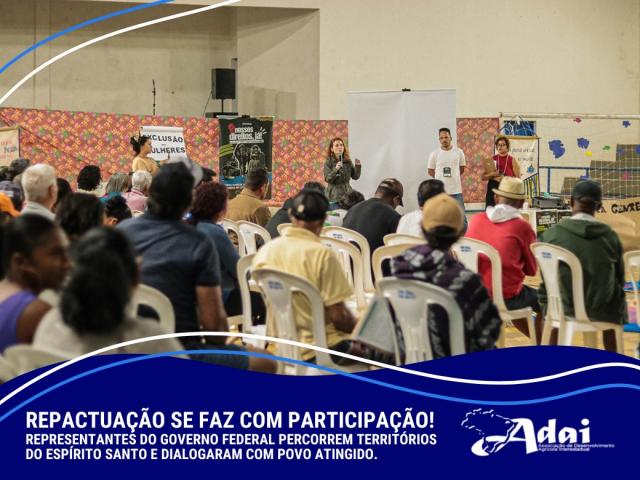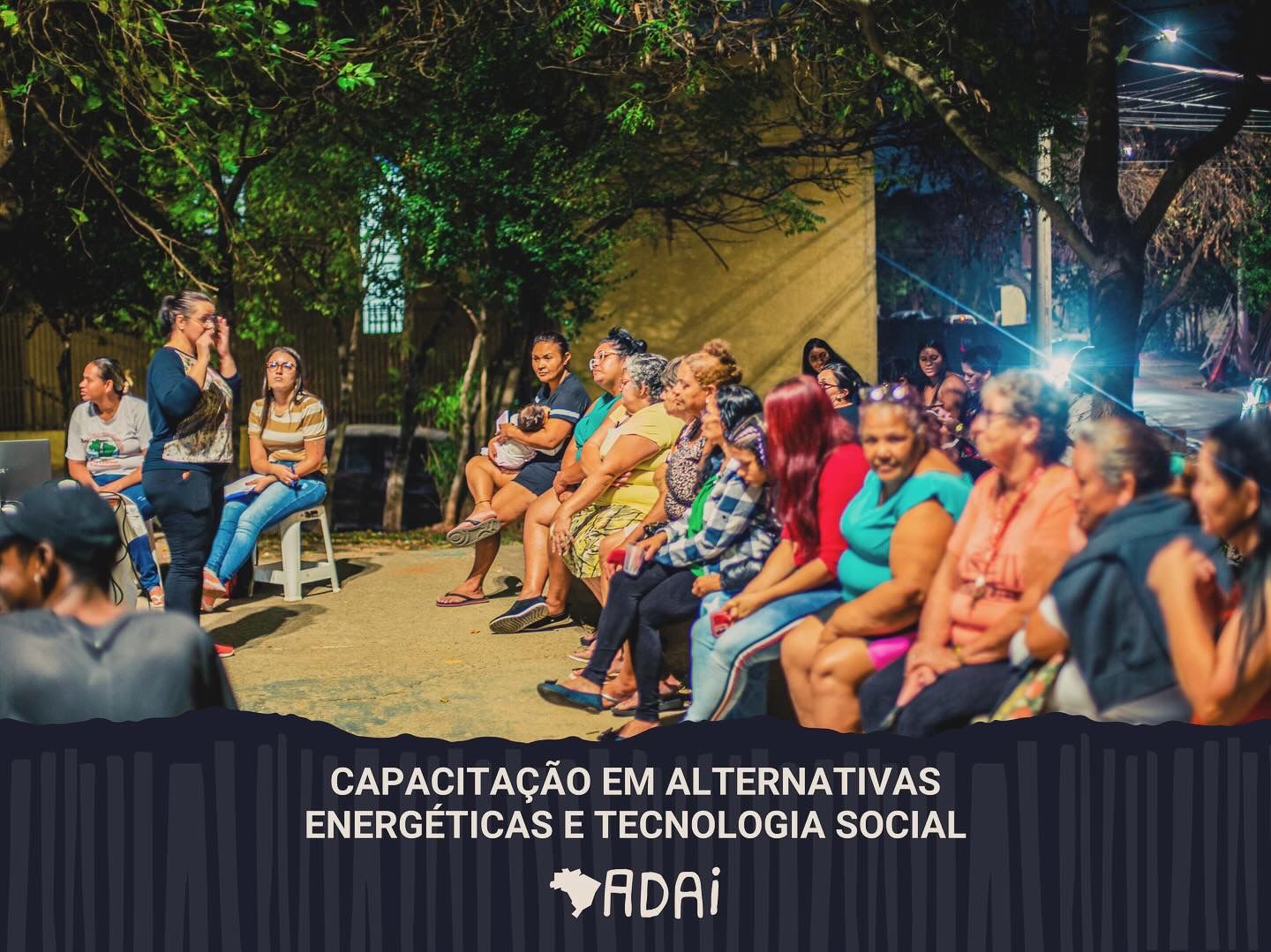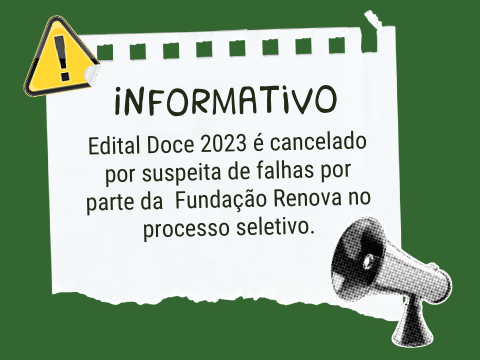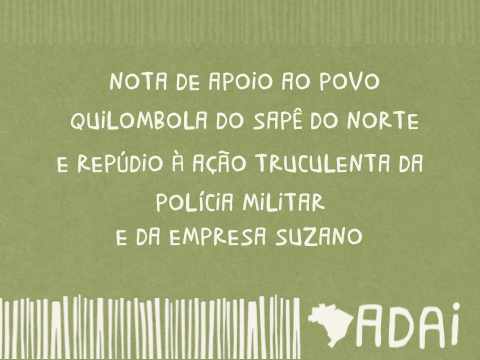Retooling is done with participation!

Representatives of the Federal Government visit the territories of Espírito Santo and talk to the people affected.
Between July 20th and 24th, the agenda of those affected in Espírito Santo was discussed with representatives of the Federal Government, in the person of Luiza Dulci and Jarbas Vieira, from the General Secretariat of the Presidency of the Republic, Gabriela Reis, from the Ministry of Health, Lucas Zenha, from the Ministry of Agrarian Development and Family Agriculture and Florivaldo Mota Rocha and Josemar Mendonça from the Ministry of Fisheries and Aquaculture, which dialogued with the people affected, presented plans and received a letter from civil society that reaffirms the need for the participation of those affected in the renegotiation process, and demands the right to a Living, Fair and Hunger-Free Rio Doce.
Luiza Dulci stressed the importance of restoring dialogue with the people in order to guarantee fair and comprehensive reparations. “We are touring the Rio Doce Basin from Mariana, on the upper Rio Doce, to here on the coast of Espírito Santo, with the aim of talking to and, above all, listening to the people affected about the damage caused on November 5 (2015) and the damage that has been accumulating and getting worse ever since. Our aim is to listen to the people, but also to be able to talk about the proposals that are already being drawn up for the renegotiation process in relation to social participation.”
Josemar Mendonça assured fishermen that the government wants to listen to fishermen and fisherwomen in order to guarantee visibility for the category in the reparations process. “The ministry was here to recognize and listen to those affected. And along with those affected, there are the fishermen and fisherwomen. The Ministry of Fisheries has been working incessantly this year precisely to bring about the regularization of these fishermen, to bring about their visibility and also to collaborate with all the necessary aid and justice for the fishermen who were affected, fishermen and fisherwomen who were affected here in the Rio Doce channel, throughout the basin.”
The spaces were organized and participated in by Adai’s Office of the People Affected by Dams, the Movement of People Affected by Dams (Movimento dos Atingidos por Barragens – MAB), trade unions and popular movements in Colatina.
Our rights, now!
On the evening of the 21st, in Povoação, at the mouth of the Rio Doce, the group took part in the seminar Our Rights, Now! held by Adai’s Technical Advisory Body for the Affected (Assessoria Técnica dos Atingidos e Atingidas – ATI). The same happened on the morning of Saturday 22nd, when they attended the seminar in Linhares.
In the seminar spaces, government representatives were able to follow the work of the ATI and present to more than a thousand people gathered what is being thought of at the federal level with regard to reparations.
Jocenilson Cirilo Mendonça, a farmer, fisherman and resident of an island in the Rio Doce, spoke about the water available in the region. “The greatest asset of a community is called water. No one can live without water. And the mining companies, through environmental crime, ended up taking this away from us.
This crime wiped out the Rio Doce Basin, which runs from Minas Gerais to Espírito Santo. So, I mean, two states were destroyed and two states that depended on this Rio Doce basin for their survival,” he said while showing the dirty, orange-colored water.
For Davi Nascimento Luz, a farmer settled by the National Agrarian Reform Program in Linhares, it was an important moment to put forward demands.
“We are very encouraged by the steps taken here today, by the presence of government personnel and the secretariats who were here, to have taken on board the demands raised by the communities and, above all, by those actually affected who are in the river channel. Now we believe it will be taken to Brasilia. That we can achieve results that really serve us and the affected class and, above all, the working class of this country,” said the victim.
Plans
Among the plans being considered at the federal level and mentioned by the government representatives in the spaces, are the establishment of a popular/community fund, in which part of the funds from the renegotiation will be allocated to projects that will be drawn up and monitored directly by the affected communities, and a federal government house in the Basin.
“In general, the creation of a Social Participation Council in the Rio Doce Basin, which has to reflect the organization of people already in the territory. The creation of a federal government office in the Rio Doce Basin. It will be a space for welcoming and monitoring the public policies that will be taken on by the government,” said Jarbas.
In response to the demands coming from the affected people for the Ministry of Agriculture’s portfolio, Lucas Zenha said: “It’s a priority for the ministry the agenda of dignity of life and applied science for the development of agricultural, peasant and family production in the territories in their diversity of peoples for healthy production on the tables of all Brazilians”.
Gabriela from the Ministry of Health said: “We want to bring a proposal for a Special Health Program for the population of the Rio Doce basin to the renegotiation table, where the investment will be for the SUS, from research to more specific tests for those affected.”
From the River to the Sea
The schedule for the visit to Espírito Santo began on the 20th in Vitória; on the 21st in Colatina and Povoação; on the 22nd in Linhares and Regência and ended on the 24th in São Mateus and Conceição da Barra.
This was a space for dialog and another step towards full and fair reparations for the people affected!



